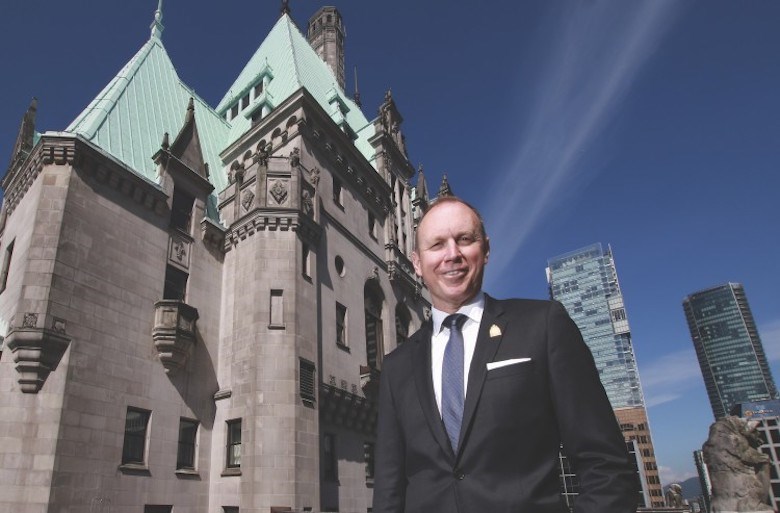A Business in Vancouver study of the pandemic’s effect on the tourism and hospitality industry exposes an industry in crisis – and hotels are among the frontline victims.
BC Hotel Association president and CEO Ingrid Jarrett has told BIV that her $3.2 billion industry, which pre-pandemic employed approximately 60,000 people to oversee 80,000 hotel rooms, has been ravaged, with occupancy of less than 30 per cent at the end of 2020.
“That is a 60 per cent drop from 2019,” she said. “We have 46 per cent of properties reporting that if they don’t receive access to government-supported financing, they will not stay in business – and the timeline for that is between now and the end of March.”
One misconception people have of the hotel sector is that large businesses dominate, Jarrett said. The reality is that small and medium-sized businesses partner with large hotel companies to use established brands.
“About 82 per cent of all [hotel] properties in B.C. are small and medium-sized, independently owned and operated businesses,” Jarrett said. “They are barely hanging on.”
The Fairmont Hotel Vancouver and other large hotels enjoyed new business in mid-2020 from British Columbians. But general manager Adam Laker told BIV that business dried up when the government instituted travel restrictions on November 7. He added that current occupancy is “in the 10 per cent to 20 per cent range.”
The Vancouver Convention Centre held 530 events in 2019, generating demand for hotel rooms. After the pandemic was declared in March, the venue cancelled all large events.
More than a million passengers visited Vancouver on 288 cruise ship voyages in 2019, similarly spurring demand for hotels and restaurants. In 2020, the season was cancelled.
Further crimping hotel occupancy is a new stigma against travelling. Politicians in at least four provinces faced public wrath for travelling abroad during the holiday season.
Twitter outrage then started to target civil servants, such as Vancouver’s general manager of planning, Gil Kelley, for visiting his property in Oregon. The head of the University of British Columbia's School of Population and Public Health, Peter Berman, visited Hawaii during the holidays, against public health advice, and was criticized on his return, prompting a public apology.
Vancouver Airport Authority (VAA) CEO Tamara Vrooman pinned passenger volume at Vancouver International Airport (YVR) in mid-December at 14.6 per cent of what it was a year earlier.
Industry insiders created a tourism task force that released a report filled with recommendations for a path forward in early December. For now, however, it is clear that B.C.’s hotel industry and entire tourism-hospitality sector is on life support.



